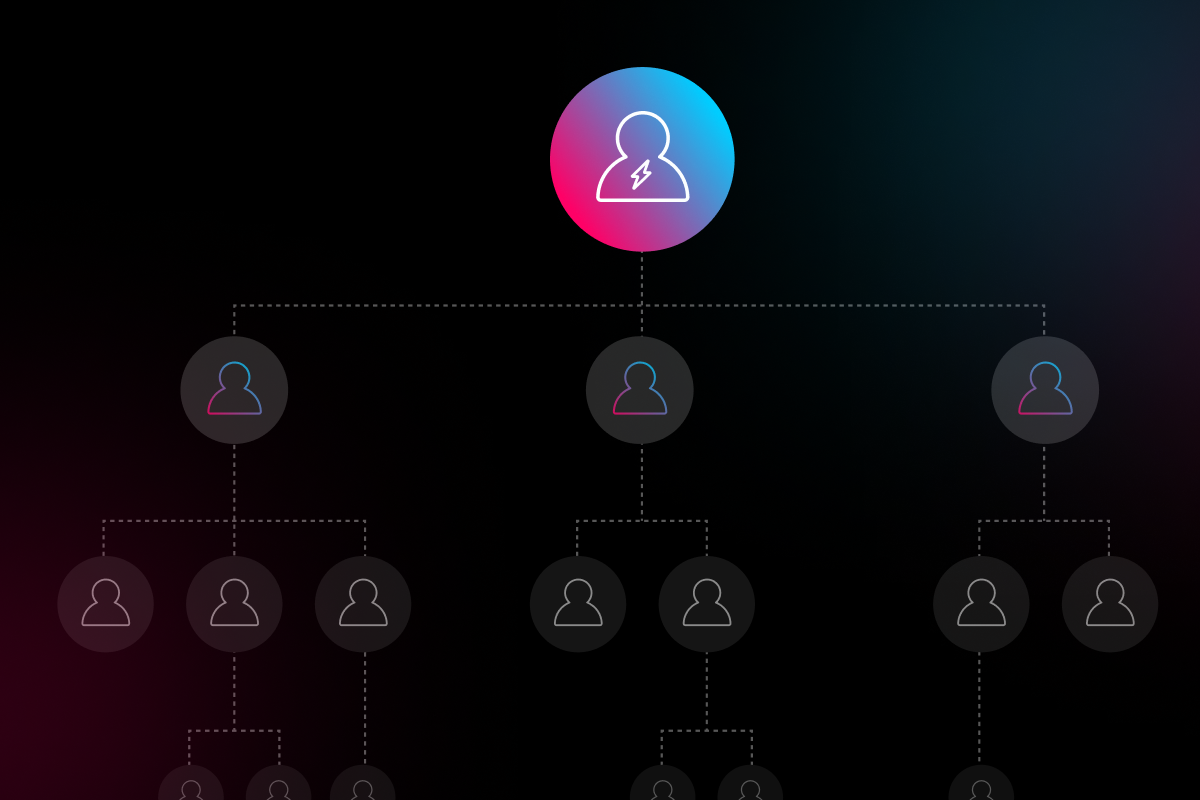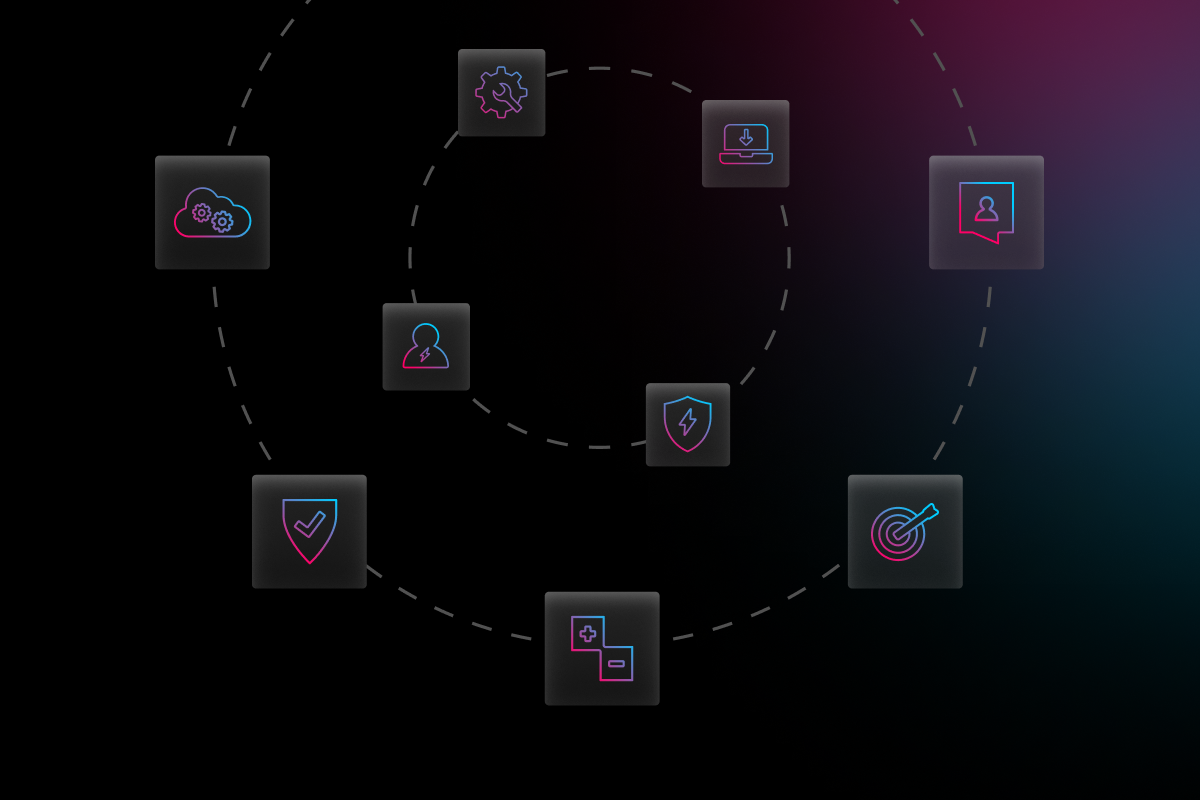
Cyber attacks are on the rise, and businesses need to be more vigilant than ever when it comes to cybersecurity and data protection. While there are many protection measures you can put in place to prevent attacks, human protection remains one of the most important considerations.
Every business needs a human firewall because technology alone is not enough. Your employees should be fully aware of the various types of cyber crimes your business can fall victim to, and how they can help to avoid them. This way, you avoid costly mistakes caused by human error and add another layer of protection to your business.
Are your employees equipped to deal with cyber attacks? Keep reading to find out how they can become a human firewall for your organization.
What is the Meaning of a Human Firewall?
The term “human firewall” refers to a group of people in your business who offer an added line of defense against cyber attacks. Regular firewalls block malicious traffic from getting into your systems, while a human firewall helps to secure your network. If you empower your team on cybersecurity, you will bolster your other firewalls. To supplement your cybersecurity efforts, you should train your employees on how to prevent data loss, identify malicious activities, and protect your systems.
What Does a Human Firewall Mean for Cybersecurity?
A human firewall is all about making employees aware and able to protect themselves and your business against cyber attack.
Here are some responsibilities of a human firewall:
- Learning and following basic cybersecurity practices
- Creating cybersecurity awareness among the people around them
- Offering defense against phishing and other types of data loss
- Identifying data threats and controlling them before they cause adverse effects
A human firewall offers maximum protection against the main areas of weakness in your cybersecurity defenses. These threats include:
1. Phishing emails
Nearly 36% of cyber-attacks involve phishing. Phishing emails often look legitimate, as though they come from a reputable company or person. They are often so convincing that employees can easily fall victim if they are not informed.
For instance, a phishing email may say that your Facebook account has been blocked, and you have to click a link to activate it. When you click it, you can install malware to the device and end up losing your vital details to hackers. Every employee is vulnerable to phishing emails. A human firewall can quickly identify a phishing email and flag it, reducing security risks in a business.
2. Phone scams
Hackers often use phone scams to impersonate customer support or a tech support team. For instance, a hacker may call an employee and pretend they need to remotely carry out an update on their device.
The unsuspecting employee can give out passwords or sensitive details, and without knowing it, the hacker has access to the company’s vital documents or systems. A human firewall is always aware of phone scams, and is aware of which data to avoid sharing over the phone.
3. Malware
The chance of downloading malware to your computer in the course of carrying out everyday work tasks is relatively high. Malware often appears as popups on a website or browser you are using.
The popup might mention that you have won a prize, but upon clicking it, malware is downloaded immediately to your computer. Well-trained employees are fully aware of malware and when browsing online, and can take steps to avoid it.
How to Be a Human Firewall
Some corporations spend huge amounts on cyber attack prevention tools while still leaving themselves vulnerable from an employee perspective. In fact, 95% of cybersecurity breaches are caused by human errors. When a team is not well educated, any investment in tools won’t be fully effective.
Every business should have a strong human firewall to create a solid first line of defense.
The first step of creating a human firewall is to understand the weaknesses of an organization. Has your organization experienced a security breach before? If yes, what caused it, and what can you do to prevent such future occurrences? Brainstorm as a team and develop effective policies for strengthening your human firewall. After that, you should create your goals and apply the ingredients below.
Ingredients for an Excellent Human Firewall
Consider the following practices to have a successful human firewall.
1. Educate your employees
Education is key to strengthening your human firewall. You need to ensure your employees are on the same page as you regarding cybersecurity best practices. Therefore, you should organize regular training programs to empower your employees.
Training is an ongoing process – not a one-time event. Your employees are probably going to become complacent or forgetful if you only mention cybersecurity once or twice a year. Make the training sessions more regular to keep everyone aware of the latest cybersecurity threats and best practices.
2. Offer incentives
Encourage your employees to participate in the human firewall by giving them incentives. An incentive doesn’t have to be huge. It can be a simple award or public recognition to anyone who identifies phishing emails and follows the correct protocol to flag them to IT.
3. Include all departments
Don’t exclude some staff members simply because they don’t handle technical duties in your business. Every team member in an organization is a potential candidate for hackers, so they should be aware of cybersecurity best practices.
4. Equip your human firewall with the right tools
Security training alone is not enough to help conquer cyber attacks. After training, you should give your human firewall the tools and equipment needed to fight cyber threats. For instance, there should be an official reporting protocol for employees to flag a cyber incident when it occurs. An automatic alert system can also come in handy when an issue arises.
5. Don’t overwhelm your employees
Security awareness shouldn’t be seen as a tedious aspect of employees’ roles. Don’t overwhelm your employees with complex terms or too much information at once. While it’s crucial to have long and detailed security policies, you should not overwhelm your employees with them. Find a good cybersecurity expert to simplify the guidelines and make the entire program more engaging.
6. Monitor progress
Are your employees alert? A cyberattack can happen at any time, so they need to be constantly vigilant. Once in a while, send a fake phishing email or try any other hack to test your employees, and monitor their response to check if they will fall victim. There is no need to punish employees who don’t identify the potential phishing, this is simply a way to assess the effectiveness of your training program and see if you have a strong human firewall in your business.
Create a Human Firewall for Increased Protection
Just like a traditional firewall, a human firewall secures your network. You should equip your employees with the knowledge and skills needed to protect your systems and prevent cyber attacks in your business. Do you need help in creating a human firewall in your organization? Get in touch for the support you need to not only strengthen your human firewall, but to keep your entire business secure.



